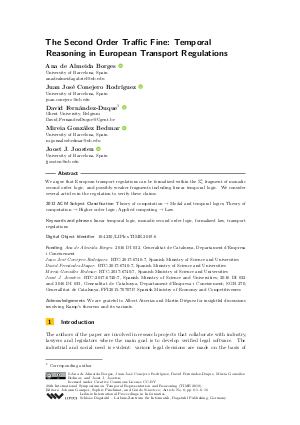LIPIcs.TIME.2019.6.pdf
- Filesize: 0.54 MB
- 16 pages

 Creative Commons Attribution 3.0 Unported license
Creative Commons Attribution 3.0 Unported license








Feedback for Dagstuhl Publishing